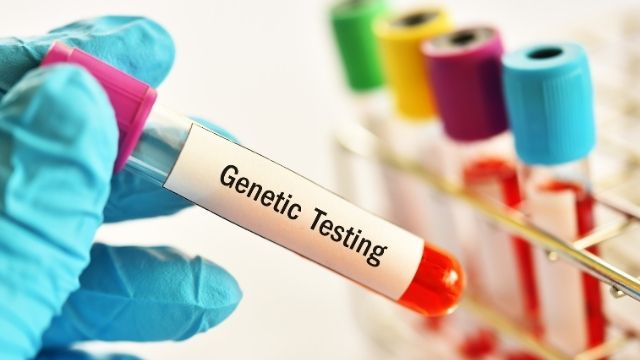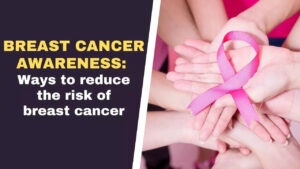Genetic testing is increasingly available for health conditions and diseases. Testing requires counseling as well as DNA sampling done through a specialized blood test. To date, we have discovered a few genes that are associated with a very high risk of breast cancer; it is important to understand that having one of these genes does not always mean you will develop breast cancer. Also, the vast majority of breast cancers are not associated with a breast cancer gene, and not all of the genes that may cause breast cancer have been identified.

There are eight genes that are known to be associated with breast cancer, including the genes known as BRCA1 and BRCA2. Men and women who carry one of these genes are born with one mutated, or changed, copy of the affected gene. Something causes the second, normal copy in particular cells, such as the duct cells in the breast, to also change or mutate, leaving the cell without any normal copy of the affected gene. We do not know what causes the normal copy to mutate, but when that happens, breast cancer can develop. The odds of a mutation happening and developing into a cancer are small, but over a lifetime the risk is high for people born with an already mutated copy of the BRCA1 or BRCA2 gene. The risk is real and individuals and families with the mutated gene need to be vigilant. Learn more about Cancer at https://dcis.info/
One of the challenges for the person requesting genetic testing, whether for DCIS, cancer, or any other health concern, is how to use the information. For many people, genetic testing information will provide relief; for others, it will induce anxiety and fear. Some people may use the information to help with health care decisions for themselves and/or their families. Genetic testing information and counseling is usually important for both men and women in a family that is affected by breast cancer risk genes.

